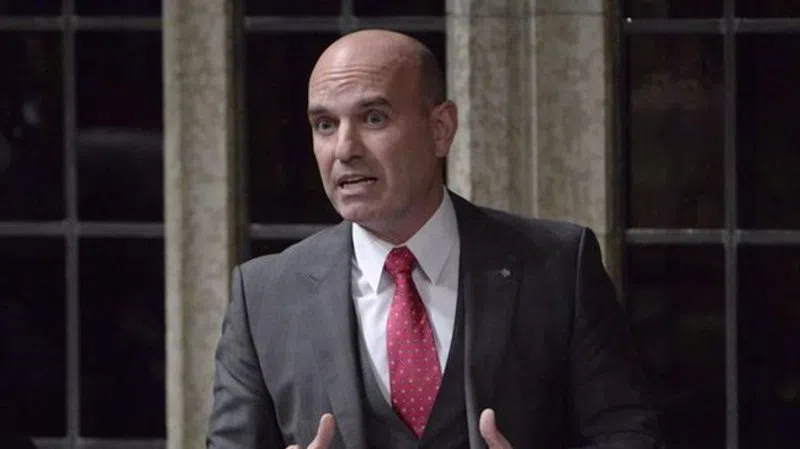
Former MP Nathan Cullen appointed B.C. liaison in pipeline dispute
VANCOUVER — The British Columbia government has appointed former New Democrat MP Nathan Cullen as a provincial liaison with Wet’suwet’en hereditary chiefs in an LNG pipeline dispute, a move welcomed by spokesmen for both the chiefs and the company.
Cullen represented Skeena-Bulkley Valley, a sprawling part of northern British Columbia that includes the Wet’suwet’en traditional territory, until last year when he decided not to seek re-election.
The premier’s office said Monday that Cullen will work with Wet’suwet’en leaders, the RCMP, Coastal GasLink, the provincial public sector and other parties.
Cullen will focus on de-escalating the conflict surrounding a court-ordered injunction regarding the company’s access to a forest service road outside of Houston.
